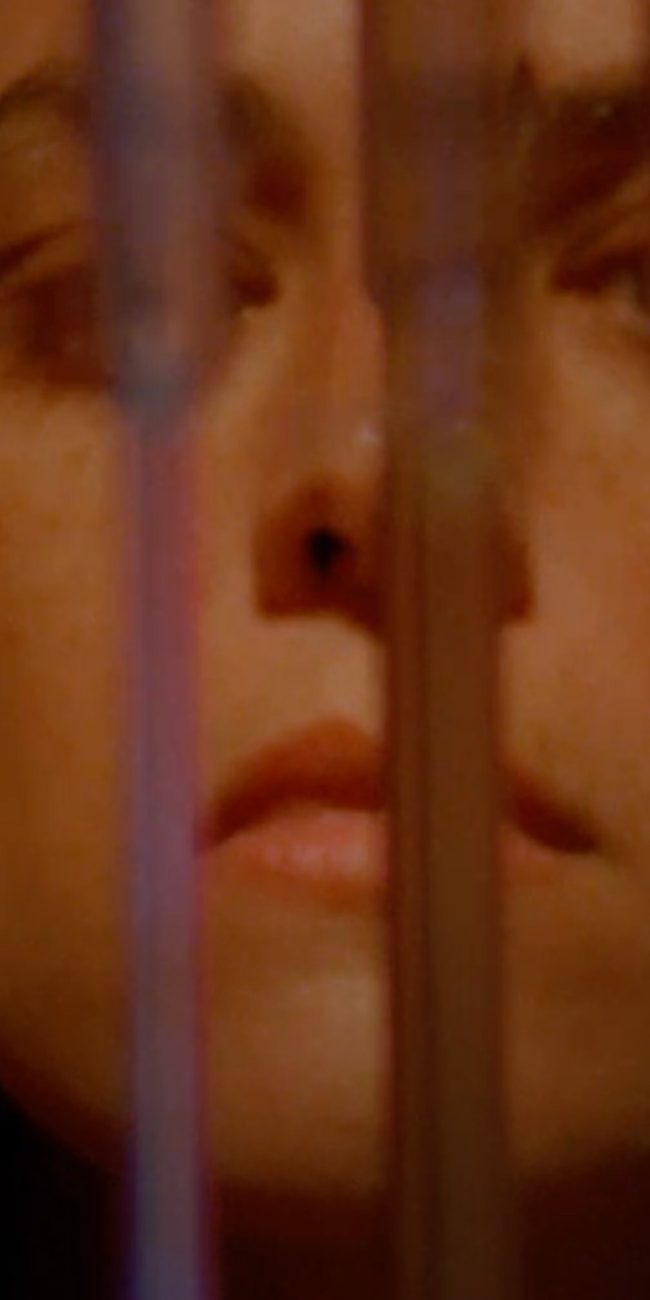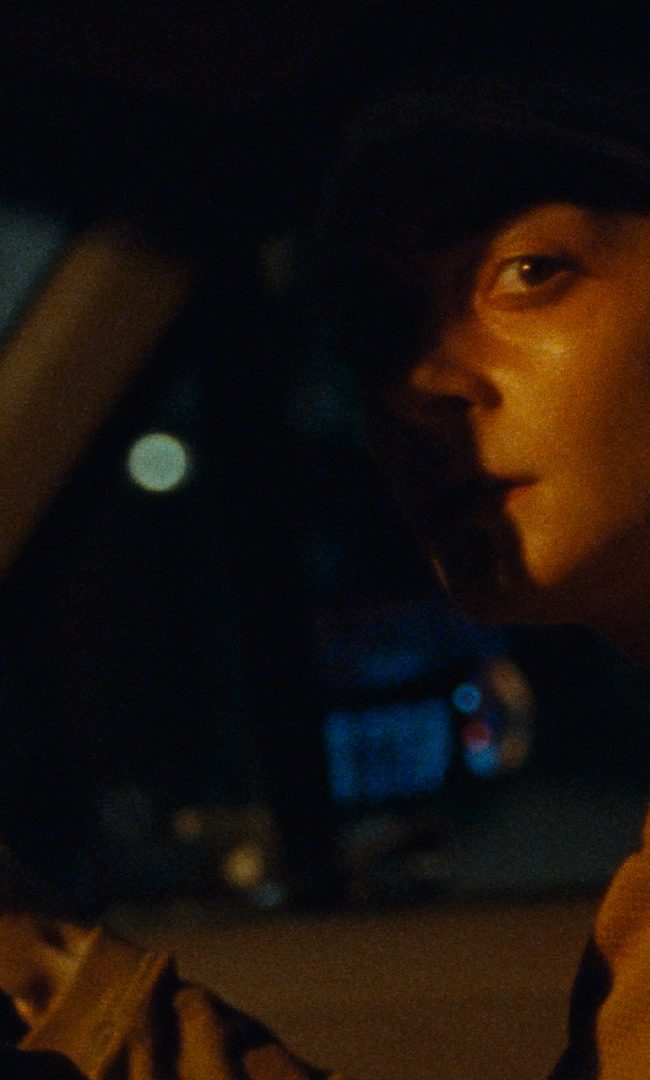VITALINA VARELA

(Check out Ray Lobo’s Vitalina Varela movie review. It’s now playing as part of the Metrograph A-Z series. Seen it? Join the conversation with HtN on our Letterboxd Page).
Vitalina Varela is a film profoundly concerned with abandonment. Director Pedro Costa constructs a narrative around marginalized individuals, specifically a female protagonist who was left behind in Cape Verde by her husband. Vitalina Varela lands in Portugal looking to reunite with her distanced husband. Upon arrival she is told that he died a few days before. Vitalina is now both a widow and torn from the Cape Verde that gave her a sense of place and identity. Portugal becomes a universe of loneliness, of claustrophobic interiors, of cold and somber concrete. Vitalina is a speck of a human being left behind in an uncaring universe, abandoned by both husband and God to fend for herself. Costa gives us existential drama in its purest form.
Vitalina decides to stay in Portugal. She stays in the apartment her husband lived in until the time of his death in an effort to piece together the life of a man she barely knew. The apartment is squalid. Voices come into her apartment from other apartments. Pieces of ceiling come down on Vitalina as she showers. In terms of setting, Costa crafts a film that feels like Dostoyevsky’s Notes From Underground. The difference between Dostoyevsky’s Underground Man and Costa’s Vitalina Varela is that the Underground Man is fueled by anger and resentment while Vitalina is ravaged by sadness.
It cannot be denied that Vitalina Varela is a difficult watch. The gloom and shadows do not let up. Even someone like me who does not shy away from watching “dark” movies had trouble with the thick as molasses melancholy Costa serves up. But, if you persevere past this, there is a reward beyond the darkness. It is precisely these shadows—and call it what you will, perhaps call it our natural inclination—that push us to find some clarity, some answer to the mystery that is Vitalina. In Vitalina we encounter an Other, one living at the margins, one that forces us to go beyond ourselves and into her world. It is precisely the world of this Other, one which uncomfortably cramps and confines both viewer and protagonist, that makes Costa’s message clear—the world is cracking both metaphorically and literally in the form of Vitalina’s apartment.
Costa decided upon a non-professional actor to play the role of Vitalina. Both actor and character share the same name. In fact, the real-life Vitalina suffered through similar personal obstacles as did the character—her husband left her in Cape Verde and went to Portugal, she found out about his death after arriving in Portugal, and so on. Costa’s fascinating fusion—part narrative film, part documentary, part biopic—problematizes the whole notion of a “non-professional actor.” First, one could argue that Vitalina’s performance is anything but amateur and indeed quite professional. Second–and this is in no way intended to disrespect the work of trained actors—some of the people most capable of enacting their story are the very same people who lived their own story. Vitalina Varela will make you feel as if you are trapped inside a world of shadows; but the irony is that it may pull you out of what is an even bigger trap—an ego incapable of seeing the travails of the Other.
– Ray Lobo (@RayLobo13)
Metrograph; Stewart Bird, Pedro Costa; Vitalina Varela movie review











